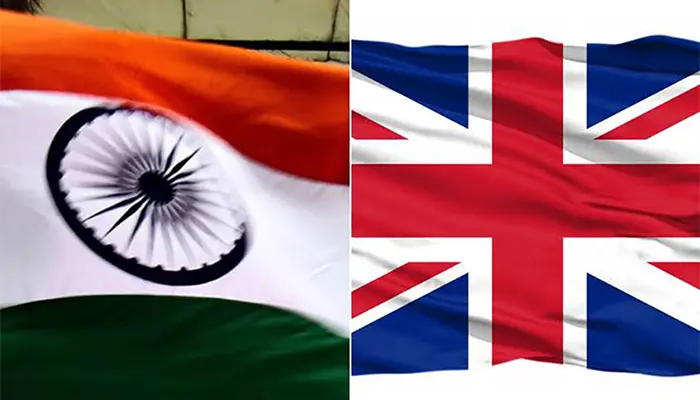British Police Issue Warnings to Pro-Khalistan Individuals in the UK
In a recent turn of events, concerns have emerged regarding the United Kingdom’s purported backing of anti-India secessionist elements, particularly those aligned with the Khalistan movement. The issue has gained traction following warnings issued by British police to individuals in the UK associated with the Khalistan cause, cautioning them about potential threats to their lives.
Diplomatic Ripples Follow European and UK Officials’ Visits to Pakistan-occupied Kashmir
The warnings come on the heels of notable visits, including the European nations’ High Commissioner to Pakistan-occupied Kashmir and subsequent visits by the United Kingdom’s Pakistan Envoy Jane Marriot and a UK foreign office official to the same region on January 10th.
India Lodges Strong Protest as Diplomatic Tensions Escalate
Responding swiftly to these developments, India’s foreign secretary lodged a robust protest with the British High Commissioner in New Delhi. India reiterated its steadfast position on sovereignty and territorial integrity, emphasizing the non-negotiable nature of the union territories of Jammu and Kashmir and Ladakh.
Persistent Concerns Despite Investigations into Pro-Khalistan Individual’s Death
The situation further intensified with the issuance of police warnings in the UK, even after investigations into the death of Avtar Singh Kanda, a pro-Khalistan individual who passed away in Birmingham in June. Despite conclusive findings by the NHS, police, and other authorities that there were no suspicious circumstances surrounding Kanda’s death, concerns persist.
International Ramifications – US Charges Indian National and Strained India-Canada Relations
This development is part of a broader international context, with the United States recently charging an Indian individual with attempting to kill Khalistani separatist leader Gajan Singh P on American soil. Meanwhile, diplomatic tensions between India and Canada reached a boiling point over the killing of Khalistani terrorist Hardip Singh Nijjar in British Columbia. Allegations by Canadian Prime Minister Justin Trudeau regarding potential involvement of Indian agents in Nijjar’s killing added fuel to the fire.
As the world closely monitors these unfolding events, the warnings issued by British police and the broader international implications underscore the intricate and sensitive nature of the issues surrounding pro-Khalistan sentiments and their potential impact on global diplomatic relationships. The coming days may shed more light on the intricacies of these developments and their repercussions on the global stage.


